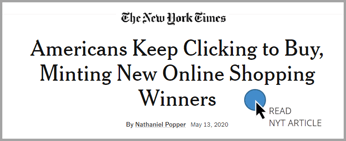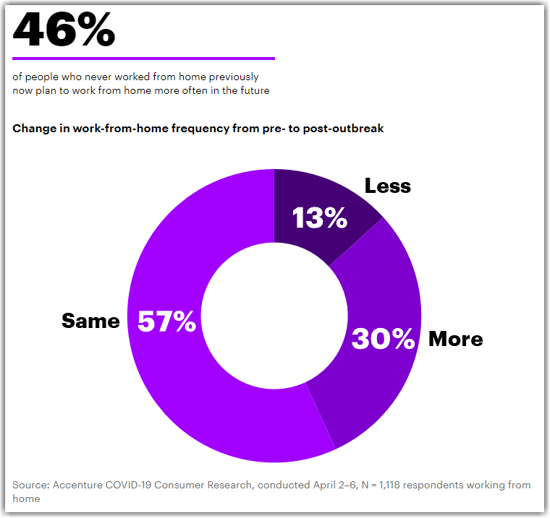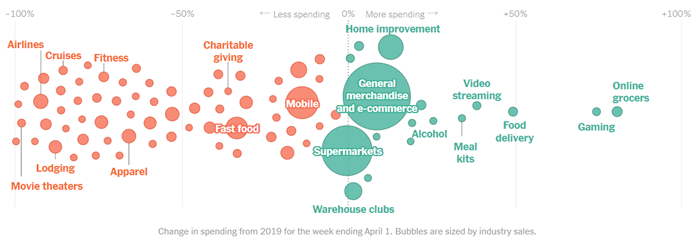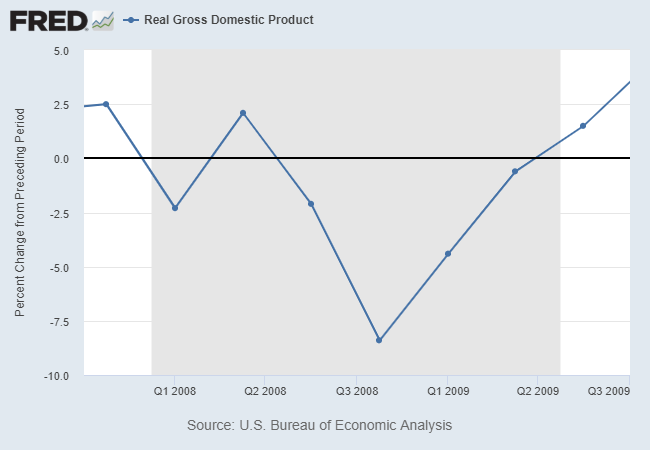 Photo by Yaroslav Danylchenko from Pexels
Photo by Yaroslav Danylchenko from Pexels
Right now, COVID-19 has had a big impact on just about every aspect of American life. A massive portion of Americans are working from home and getting accustomed to video meetings and new workspaces. Newer methods of shopping — like contactless and curbside pickup, mobile payment, and delivery services — have all quickly become normal options. And while in-person sales are down, online sales are up significantly.
Average income is down for almost everybody and demand has quickly shifted. Luxury purchases — with a few exceptions, like skincare, hair care and makeup products — are down, and demand for food items and household goods are way, way up.
These changes are not expected to last forever, but it is likely that things will not ever return to business-as-usual. Instead, we are probably headed for a new normal — a future that is somewhere between the present and the world pre-COVID.
Here is how the crisis is likely to change the American economy, and how companies can prepare for business after the COVID-19 crisis.
The Long-Term Impacts of COVID-19
First: What do experts think will be the long-term impacts of COVID on how we work, live and shop?
Right now, it seems like COVID-19 may have effectively pushed the economy a few years into the future. Trends that had existed before the crisis — especially the pivot to remote working, plus the growth of ecommerce, new payment options and delivery services — may have been accelerated.
Many customers may want to return to in-person shopping as it was. Others, who now have first-hand experience with alternatives, may want to continue using mobile payment and curbside pickup, or swap to shopping entirely online and using delivery services.
The same goes for workers who experienced “work from home.” Some may have hated the experience and are ready to be back in the office. Others are already thinking about their commute. It's hard to know what portion of workers will want to stay home right now, but stats from Accenture show 46 percent of workers wanting to work from home more often in the future.
Experts are also predicting that other new consumer behaviors may stick around.
Survey data from IBM suggests that people may be less likely to take public transit in the future, and instead opt for personal vehicles. Event attendance may remain low, even after the crisis is over.
How Businesses Can Respond
All companies, including those that usually make most of their money from in-person purchases, should prepare for online shopping to stay a big part of their business. This may be good news if you are a retailer which has committed a large investment into your online storefront — many of your new online regulars will probably stick around.
Brands with strong local ties may want to experiment by positioning themselves as being part of the community. Many consumers feel stronger ties to their communities and are shifting their spending to support local brands, rather than big business.
Before COVID-19, only about 30 percent of employees were working remotely. Now, most employees are doing so with the help of work-from-home technology. Some employees are going to want to keep working from home, even when it is safe to return to the office. Investing in hardware and software that smooths out some of the difficulties of work from home can improve their productivity and job satisfaction in the long run.
You should also take advantage of programs that help you manage any financial pain your business may be in. The Paycheck Protection Program and Economic Injury Disaster Loans, for example, may provide some much-needed cash.
While a return to normal is likely, recovery may be slow to start. Only around one in ten financial experts are predicting a V-shaped recovery — that any financial pain that we're experiencing right now will be gone as quick as it came. Most are less optimistic and forecasting slower recoveries.
Preparing for the Post-COVID Economy
The economic impacts of COVID are likely to stick around for a long time to come. Changes in consumer behavior — like increased online shopping and use of alternative payment options — may become the norm.
Businesses wanting to prepare for the post-COVID economy should stay on top of new trends, consider a community-focused marketing strategy, and look for programs that can help them manage financial pain.
It will also be a good idea to not plan for an overnight recovery. While some experts are hopeful, most are expecting a slow return to typical levels of economic activity.
About the Author
 Kayla Matthews is a researcher, writer and blogger covering topics related to technology, smart gadgets, the future of work and personal productivity.
Kayla Matthews is a researcher, writer and blogger covering topics related to technology, smart gadgets, the future of work and personal productivity.
She is the owner and editor ProductivityTheory.com and ProductivityBytes.com. Previously, Kayla was a senior writer at MakeUseOf and contributing freelancer to Digital Trends.
Kayla's work has also been featured on Houzz, Dwell, Inman and Curbed. Additionally, her work has appeared on Quartz, PRNewswire, The Week, The Next Web, Lifehacker, Mashable, The Daily Dot, WIRED and others.



